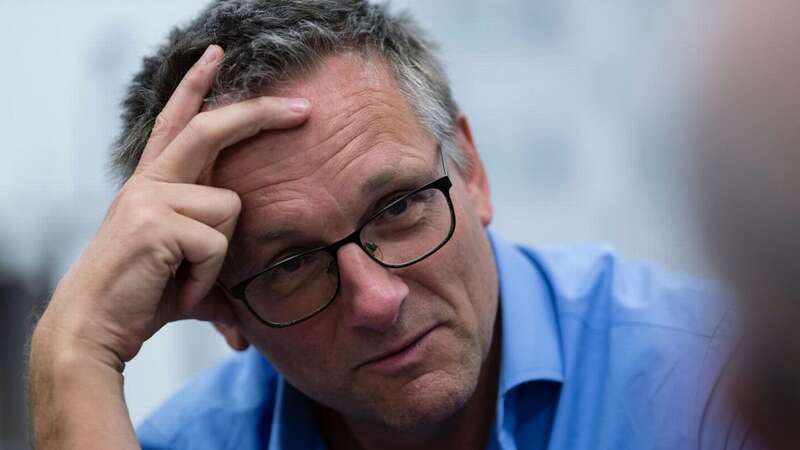Dr Michael Mosley's Fast 800 website has highlighted five signs that you might be lacking a crucial nutrient.
The health guru, broadcaster and author has shared an article emphasising the importance of protein. Fast 800 is a diet and wellness plan that combines intermittent fasting with the Mediterranean Diet to help you get fit and shed pounds. The site explains that protein is vital for maintaining bone health, revving up metabolism and reducing your risk of chronic health conditions like osteoporosis and heart disease.
You should aim to consume 60g of protein daily, even if you're limiting your calorie intake to 800 per day, reports Bristol Live. Here are five signs that you might not be getting enough protein.
1. Regular feelings of hunger
Protein helps to curb hunger, keeping you satisfied between meals. Research has shown that it reduces levels of the hunger hormone ghrelin, and that a lack of dietary protein can increase hunger and the urge to eat in an effort to restore protein levels. This could lead to overeating and weight gain.
2. Tiredness and mood swings
Research has found that a lack of protein can reduce energy intake while increasing energy expenditure, leading to feelings of tiredness. Additionally, amino acids, which are the building blocks of protein, help to regulate the production of the neurotransmitters dopamine and serotonin, which in turn help to regulate and improve mood.
 Katie Price shows off results of 'painful' breast op as she unbandages boobs
Katie Price shows off results of 'painful' breast op as she unbandages boobs
3. Weak hair, skin and nails
These parts of the body are made up of the proteins collagen, keratin and elastin, so if you're not getting enough protein in your diet, you could see your skin, nails and hair suffer.
4. Loss of muscle mass
When the body is not receiving enough dietary protein, it can begin taking it from muscles to help preserve more vital tissue, leading to muscle wastage. One study found that it takes just one week of inadequate protein to negatively impact skeletal muscles.
5. Increased sugar cravings
Protein helps to slow the release of sugar into the bloodstream, so when we don't eat enough our blood sugar will begin rising and falling at abnormal rates. The result is your body craving quick energy from sugar to try and stabilise your levels again.
Read more similar news:
Comments:
comments powered by Disqus


































